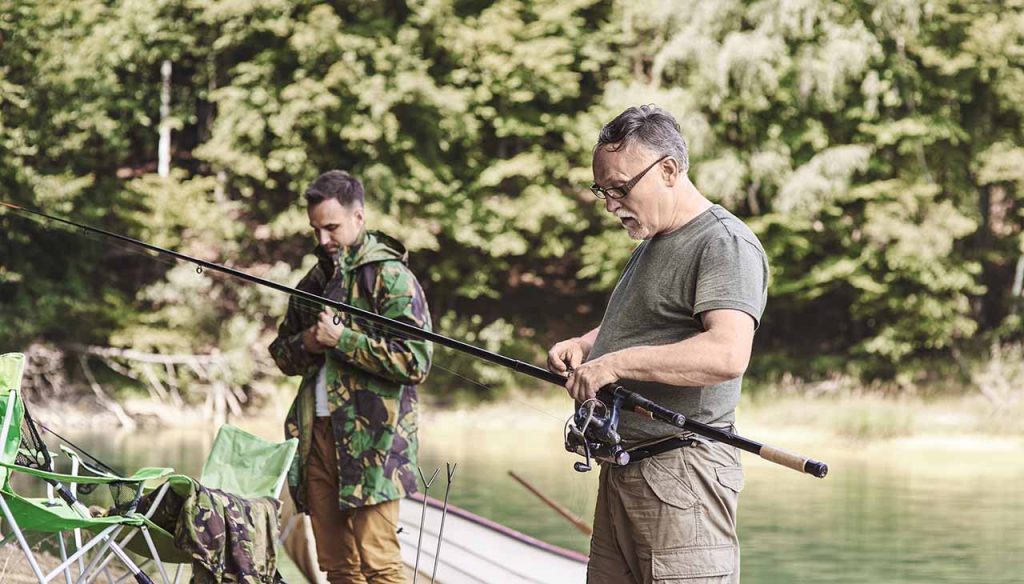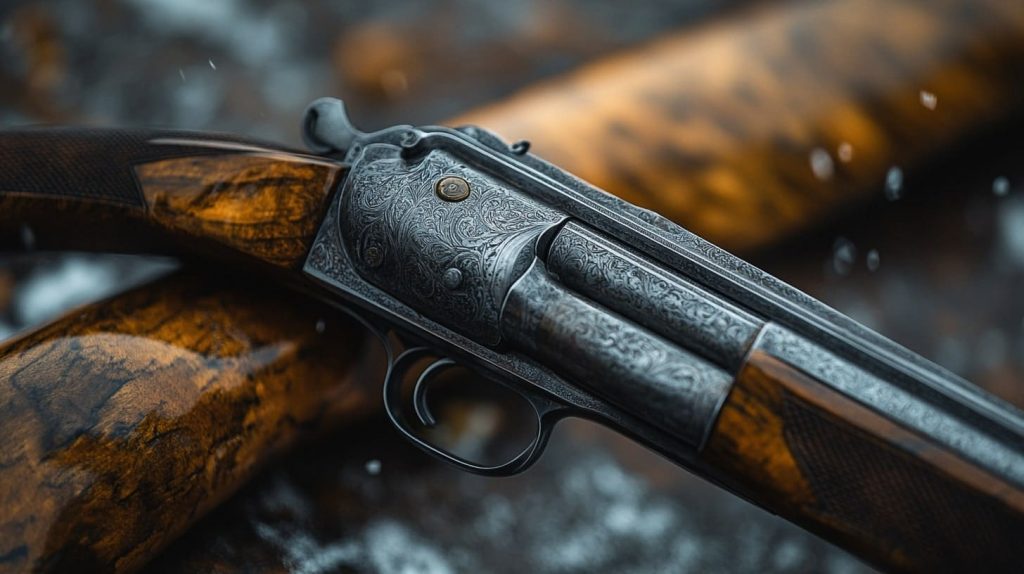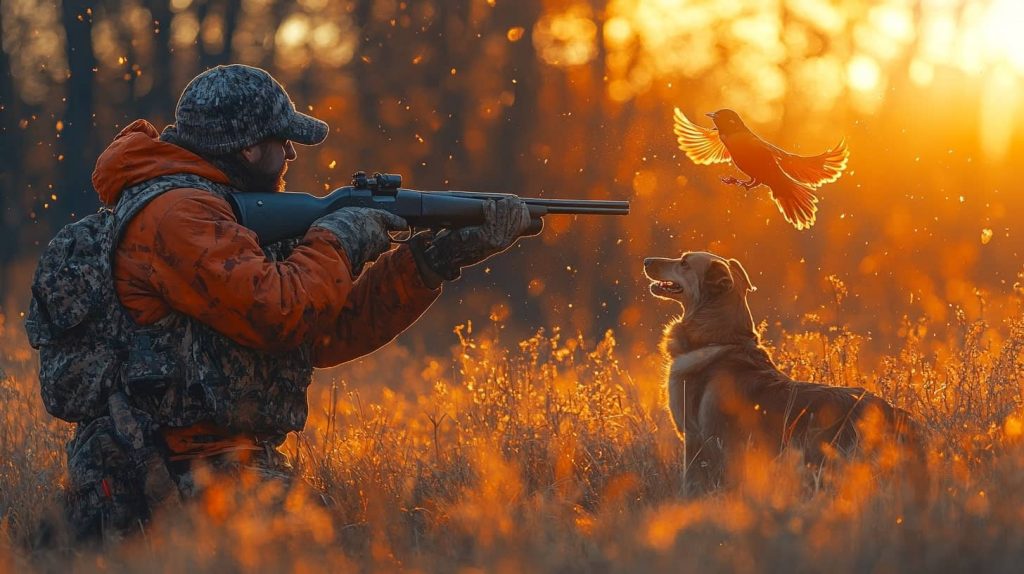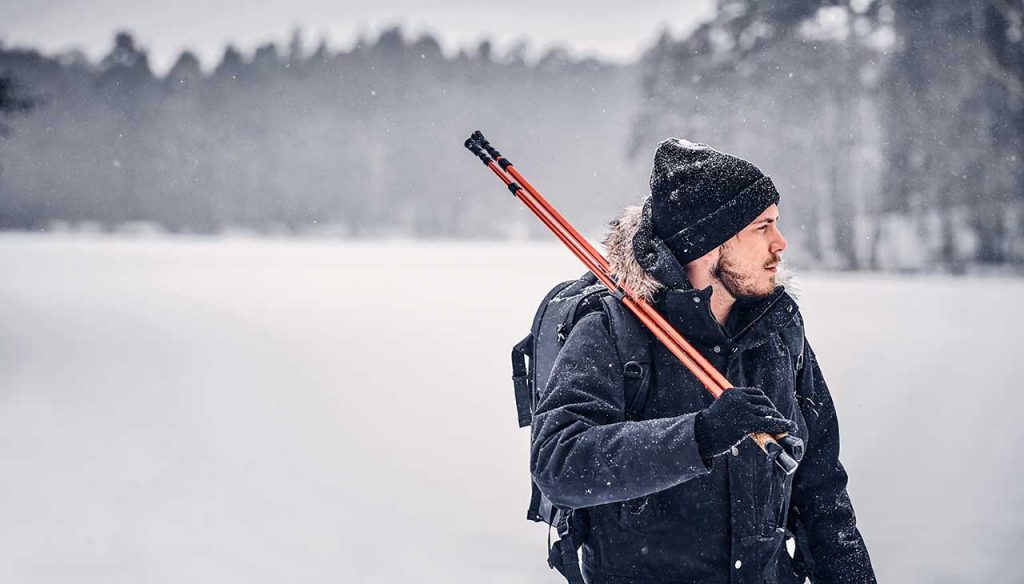Hunting has shaped human civilization. From prehistoric times to modern society, the transition from survival to sport and conservation reveals a complex history that merges culture, technology, and ethics.
The Early Years
Hunting as a Means of Survival
In prehistoric times, hunting was crucial for survival. Early humans relied on hunting for food, clothing, and tools. Primitive hunting methods included using spears, bows, and traps. These early hunters developed keen skills and knowledge of animal behavior, which played a significant role in their survival.
Ancient Hunting Practices
Ancient civilizations also depended on hunting. The Egyptians, Greeks, and Romans documented their hunting practices, which included hunting for food and sport. Ancient hunting tools evolved and became more sophisticated, reflecting the technological advancements of the time. For example, the Egyptians used bows and arrows, while the Greeks and Romans employed nets and dogs to assist in their hunts.
The Role of Hunting in Early Societies
Hunting was not just a means of survival but also a social and cultural activity. In many early societies, hunting was a communal activity that involved rituals and ceremonies. It helped strengthen social bonds and provided opportunities for storytelling and the transmission of knowledge. Hunting also played a role in shaping early human settlements, influencing migration patterns and the development of agriculture.
Hunting in the Middle Ages
Noble Pursuits
During the Middle Ages, hunting evolved into a pastime for the nobility. Kings and nobles organized elaborate hunting expeditions, often accompanied by large retinues of servants and hunting dogs. These hunts were not only recreational but also served as a display of wealth and power. The game hunted in these expeditions was often used for lavish feasts and banquets.
Introduction of Hunting Regulations
The rise of hunting as a noble pastime led to the establishment of hunting regulations. Laws were enacted to restrict hunting rights to the nobility, and poaching became a punishable offense. These regulations aimed to preserve game populations and ensure that hunting remained an exclusive privilege of the elite. However, they also led to conflicts between the nobility and commoners, who relied on hunting for sustenance.
The Rise of Falconry
Falconry emerged as a popular hunting method among the nobility during the Middle Ages. This practice involved training birds of prey, such as falcons and hawks, to hunt small game. Falconry required significant skill and dedication, making it a prestigious and respected activity. It also fostered a deep appreciation for the natural world and the bond between humans and animals.
The Modern Era
Impact of the Industrial Revolution
The Industrial Revolution brought significant changes to hunting. The development of firearms revolutionized hunting methods, making it easier and more efficient to kill game. This period also saw the decline of traditional hunting practices, as urbanization and industrialization reduced the availability of hunting grounds. However, hunting remained an important activity for rural communities and a symbol of tradition and heritage.
Emergence of Conservation Ethics
The late 19th and early 20th centuries witnessed the emergence of conservation ethics in hunting. Influential figures like Theodore Roosevelt advocated for the sustainable use of natural resources and the protection of wildlife habitats. This period saw the establishment of national parks, wildlife refuges, and hunting regulations aimed at preserving game populations and ensuring the long-term viability of hunting.
Development of Hunting as a Sport
Hunting as a sport gained popularity in the modern era, with the establishment of hunting clubs and organizations. These groups promoted ethical hunting practices, wildlife conservation, and the preservation of natural habitats. Sporting hunters emphasized fair chase principles, which advocated for a respectful and ethical approach to hunting. This shift in perspective helped align hunting with broader environmental and conservationist goals.
Hunting Today
Contemporary Hunting Landscape
Today, hunting continues to be a popular activity, with millions of enthusiasts worldwide. Modern hunting practices are influenced by advancements in technology, such as high-powered rifles, GPS tracking, and trail cameras. These tools have made hunting more efficient but also raised ethical concerns about fair chase and the impact of technology on the hunting experience.
Challenges Faced by Hunters
Contemporary hunters face various challenges, including habitat loss, declining game populations, and public perception. Urbanization and land development have reduced the availability of hunting grounds, while climate change and environmental degradation have impacted wildlife populations. Additionally, hunting is often a contentious issue, with debates surrounding animal rights, conservation, and the role of hunting in modern society.
Role of Technology and Conservation Efforts
Technology has played a significant role in modern hunting, offering tools for wildlife monitoring, population management, and habitat restoration. Conservation efforts have also gained momentum, with hunters actively participating in initiatives to protect wildlife and their habitats. Organizations like Ducks Unlimited and the Rocky Mountain Elk Foundation work to conserve wetlands, forests, and other critical habitats, ensuring the sustainability of hunting for future generations.
The Multifaceted History of Hunting
Hunting’s evolution from a survival necessity to a recreational and conservationist activity reveals its deep connection to human history. Today, it is a complex and multifaceted practice that reflects our relationship with nature, our cultural heritage, and our ethical considerations.
By understanding the rich history of hunting, we can appreciate its significance and contribute to its responsible and sustainable future. Whether you’re a history buff, an outdoor enthusiast, or a conservationist, the story of hunting offers valuable insights into our past and present.
Ready to share your thoughts on the role of hunting today? Join the discussion and become part of the conversation on this timeless tradition.
Feel free to reach out to us with your insights, questions, and experiences. Let’s explore the world of hunting together!







